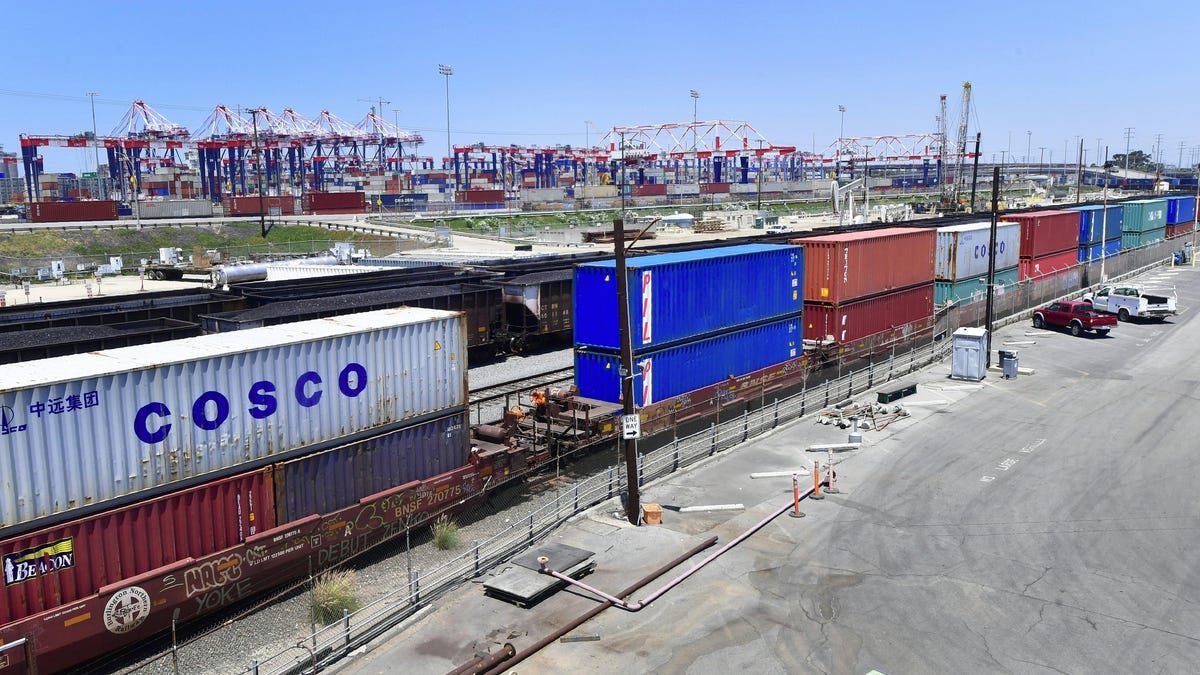Potential National Freight Rail Strike Looms as Workers Demand Fair Pay

Photo: Frederic J. Brown / AFP (Getty Images)
I hope I’m not the first person to tell you that the American economy isn’t doing too great at the moment. Rampant inflation, high gas prices, and supply chain issues have put an undue financial burden on the average American worker. Considering these economic times, it’s completely understandable if workers wanted to fight for better pay and working conditions. Things do get complicated, though, when the workers willing to strike for a fair share operate the freight railroads.
The United States is now on the cusp of a potential freight railroad strike that could hamper an already struggling supply chain. For the past two years, 12 rail unions have been negotiating with major freight railroads to agree to a new national labor contract. The union has demanded a 47 percent wage increase over five years and safer working conditions for the benefit of both workers and bystanders.
The National Mediation Board (NMB), the independent government agency tasked with meditating airline and railroad industry labor-management disputes, decided to release both sides from mediation in mid-June. This motion began a 30-day cool-down period where unions would be legally allowed to strike at its conclusion if no federal action is taken. The cool-down period ends on July 18th.
Late yesterday, the Brotherhood of Locomotive Engineers and Trainmen (BLET) voted to authorize a strike after the deadline if it’s deemed necessary to secure a contract. A majority — 99.5 percent — of BLET members voted in favor of the strike authorization. BLET President Dennis R. Pierce heads a ten-union coalition in the contract negotiations. Of the 115,000 workers impacted by negotiations, 23,000 are BLET members.
Before the release from mediation, the unions called for the NMB to recommend the appointment of a Presidential Emergency Board (PEB), a binding third-party arbitration body. Now, President Joe Biden faces a decision to either appoint a PEB or let negotiations continue down its current course towards a potential national strike. Even a partial work stoppage could greatly impact the availability and pricing of goods transported by rail.



